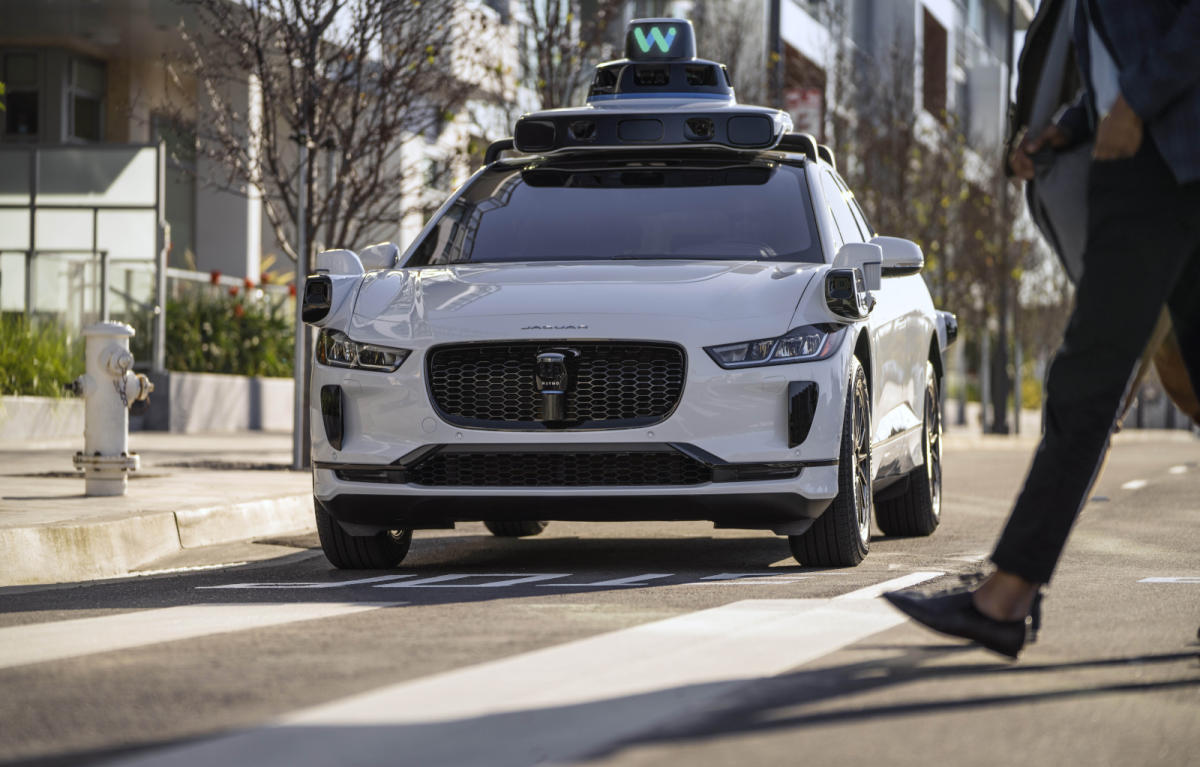Last year, two Waymo robotaxis in Phoenix “made contact” with the same pickup truck that was in the midst of being towed, which prompted the Alphabet subsidiary to issue a recall on its vehicles’ software. A “recall” in this case meant rolling out a software update after investigating the issue and determining its root cause.
In a blog post, Waymo has revealed that on December 11, 2023, one of its robotaxis collided with a backwards-facing pickup truck being towed ahead of it. The company says the truck was being towed improperly and was angled across a center turn lane and a traffic lane. Apparently, the tow truck didn’t pull over after the incident, and another Waymo vehicle came into contact with the pickup truck a few minutes later. Waymo didn’t elaborate on what it meant by saying that its robotaxis “made contact” with the pickup truck, but it did say that the incidents resulted in no injuries and only minor vehicle damage. The self-driving vehicles involved in the collisions weren’t carrying any passenger.
After an investigation, Waymo found that its software had incorrectly predicted the future movements of the pickup truck due to “persistent orientation mismatch” between the towed vehicle and the one towing it. The company developed and validated a fix for its software to prevent similar incidents in the future and started deploying the update to its fleet on December 20.



Well how else would you do it?
You drive a car and can’t quite figure out what is happening in front of you.
Do you:
From the description offered in the article the car chose C, which is wrong.
Given the millions of global road deaths annually I think B is probably the least popular answer.
Honestly slowing down too much can easily create an accident that didn’t exist in the first place.
Not every situation can be handled by slowing down.
If that’s the default behavior on high speed road this could be deadly for the car behind you.
I mean that’s machine learning for ya
I wasn’t asking about the car’s logic algorithm; we all know that the SDC made an error, since it [checks notes] hit another car. We already know it didn’t do the correct thing. I was asking how else you think the developers should be working on the software other than one thing at a time. That seemed like a weird criticism.
Sorry, I didn’t answer your question. Consider the following instead:
Your self driving car has crashed into a god damn tow truck with a backwards facing truck.
Do you:
According to the article the company has chosen A, which is wrong.
Radars > Don’t hit stuff
Ideally they don’t need actual accidents to find errors, but discover said issues in QA and automated testing. Not hitting anything sounds like a manageable goal to be honest.